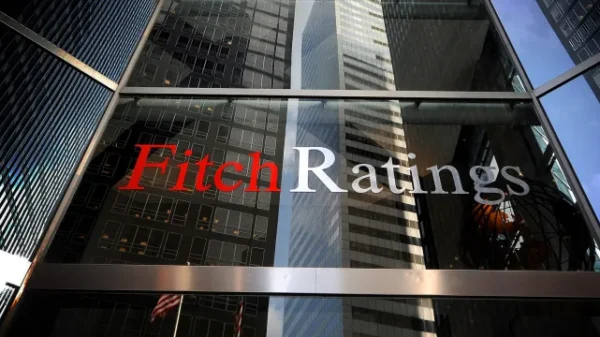U.S. May Block Iranian Oil Exports to Ramp Up Pressure Ahead of Nuclear Talks, Says Energy Secretary
Speaking from the Gulf, Secretary Wright emphasized that Washington shares deep concerns with its regional allies—including the UAE and Saudi Arabia—about the risk of a nuclear-armed Iran. “Our allies in the region are aligned with the U.S. position that Iran must never obtain a nuclear weapon,” he said.
The visit to the Middle East marks Wright’s first official foreign tour since taking office. His discussions with officials from Saudi Arabia, the UAE, and Qatar are focused on securing stable global oil supplies from nations not subject to U.S. sanctions, in a bid to ensure energy market resilience.
Wright’s comments come as President Donald Trump revives the “maximum pressure” policy aimed at crippling Iran’s economy. The directive from the White House calls on the Secretary of State, in coordination with other executive departments, to implement an aggressive campaign to bring Iranian oil exports—particularly to China—down to zero.
While intensifying efforts to restrict Iran’s oil trade, the Trump administration is also signaling readiness for diplomacy. High-level indirect talks between the U.S. and Iran are scheduled for Saturday in Oman, with Omani Foreign Minister Sayyid Badr Albusaidi set to serve as mediator.
Ali Shamkhani, a senior adviser to Iran’s Supreme Leader Ayatollah Ali Khamenei, confirmed via X (formerly Twitter) that Tehran’s foreign minister would head to Oman with full authority to engage in discussions with Washington.
“Iran seeks a real and fair deal—not one based on theatrics or empty rhetoric,” Shamkhani posted. “We are coming to the table with serious proposals. If Washington is truly committed, a path to agreement is within reach.”
The developments signal a possible new phase in the long-standing standoff over Iran’s nuclear ambitions, with oil exports once again emerging as a key pressure point in U.S. strategy.










